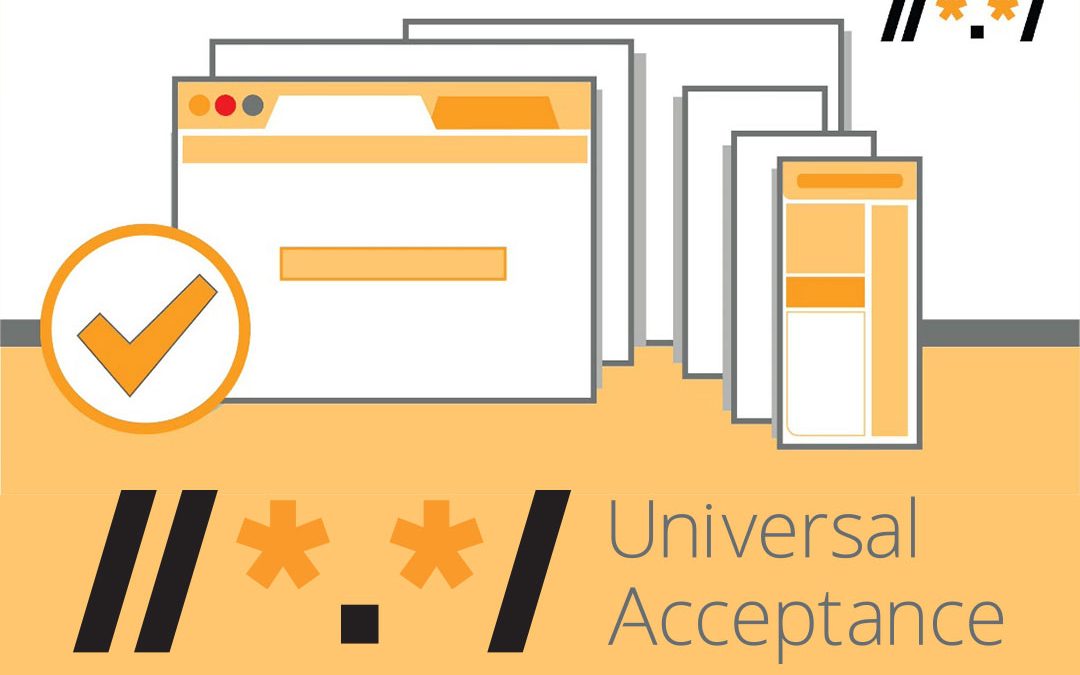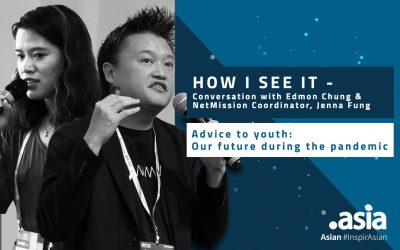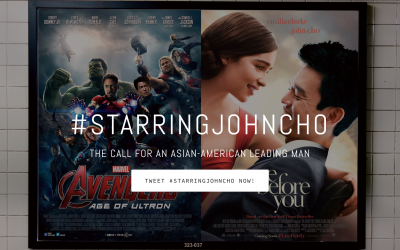By Don Hollander
Universal Acceptance Steering Group
Millions of users may be denied access to your services – and that’s not fair to you or to them.
Since 2010 the Domain Name System (DNS) has expanded dramatically, not only fueling competition, choice and innovation, but truly enabling a multi-lingual Internet. There are now more than a 1,500 top-level domains (TLDs), many of which are longer than the traditional two- and three-character names (e.g. .com, .hk, and .org) or are in non-ASCII based scripts – such as Arabic, Cyrillic, Thai and Chinese. In Hong Kong, HKIRC
The issue at hand
Many organizations and businesses have not updated their systems to accommodate the new domains or what we call become Universal Acceptance (UA)-ready. As a result, many applications and Internet-connected devices and systems are unable to accept, validate, store, process or display all domain names. This causes problems for organizations and headaches for users because if the applications do not recognize or appropriately process the new domain names or email addresses that use these extensions, it will result in lost customers and a poor user experience.
Resources available to assist you
To address these issues and provide support, stakeholders and industry leaders such as Apple, GoDaddy, Google, ICANN, Microsoft, DotAsia and Verisign, created the Universal Acceptance Steering Group (www.UASG.tech). The UASG exists to help organizations ensure their systems are UA-ready and able to accept all domain names and email addresses in any valid script.
Visit our website and view these helpful guides (https://uasg.tech/documents), and to get involved with the UASG (https://uasg.tech/subscribe) so we can work together to fully incorporate these new domains for the benefit of the next generation of Internet users.
For the full article: http://get.uasg.asia/docs/UA101_HK_ENZH_final.pdf
About the author: Don Hollander is the secretary general for Universal Acceptance Steering Group and former CIO for large domestic and international corporations.
This.Is.Asia Newsletter Issues
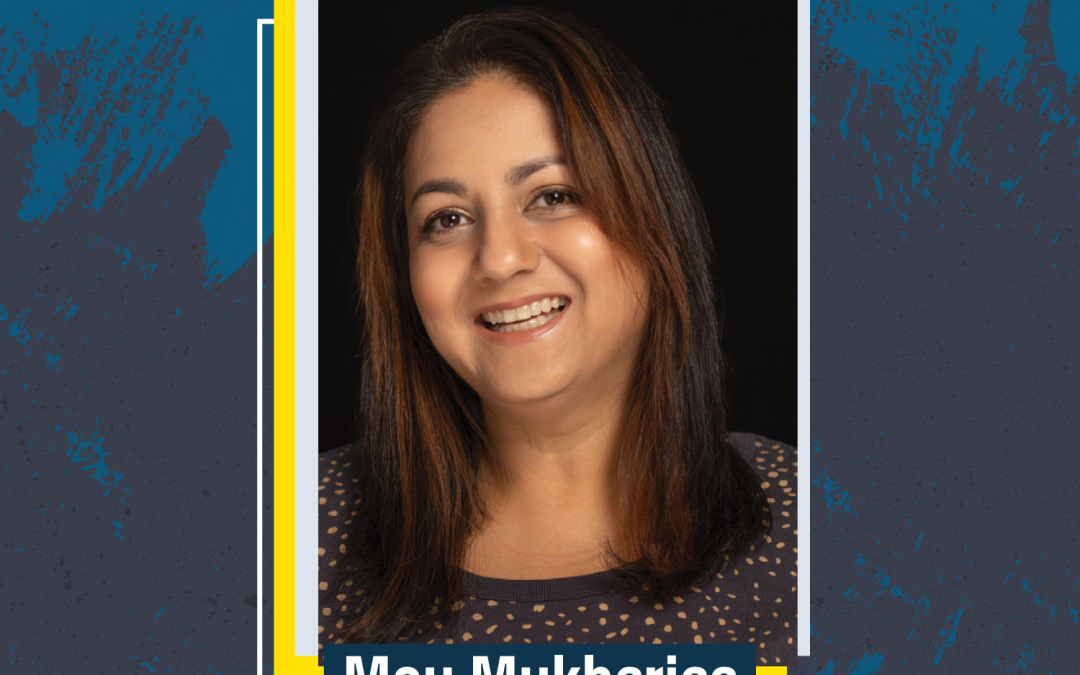
AAPI Heritage Month: Interview with Mou Mukherjee
In some ways, I abandoned my culture when I was young because I was trying so hard to fit in. My parents were, and still is very cultural. Growing up, there was always Indian music playing, our house was full of Bengali literature, my Dad’s hero was poet Rabindranath Tagore, and he also loved the films of Satyajit Ray. I was surrounded by culture and yet I couldn’t fully embrace it at the time.
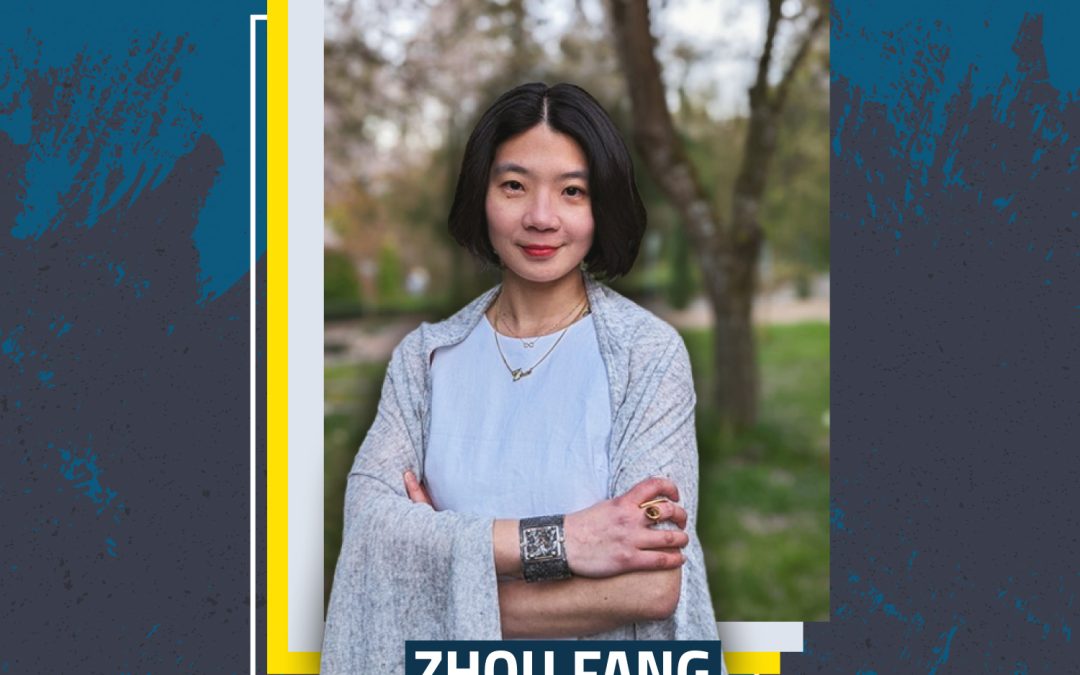
AAPI Heritage Month: Interview with Zhou Fang
I am an immigrant from Guilin, China. In 2010, I moved to the U.S. for grad school. After graduating from Kansas State University (Go Cats!) I moved to Oregon and have been living in Portland for the last 9 years.

Mid-Autumn Festival 中秋节快乐
中秋节与春节丶清明节丶端午节并称为中国四大传统节日。受中华文化的影响,中秋节也是东亚和东南亚一些国家尤其是当地的华人华侨的传统节日。 中秋节,农历八月十五,又称仲秋节丶拜月节丶女儿节或团圆节,是中国的传统文化节日,因其恰值三秋之半,故名中秋。中秋节始於唐朝初年,盛行於宋朝,至明清时,已成为与春节齐名的中国主要节日之一。 2006年5月20日,中国国务院在中央政府门户网上发出通知,批准文化部确定并公布中秋节例在第一批国家级非物质文化遗产名录。自2008年起中秋节被列为国家法定节假日。...
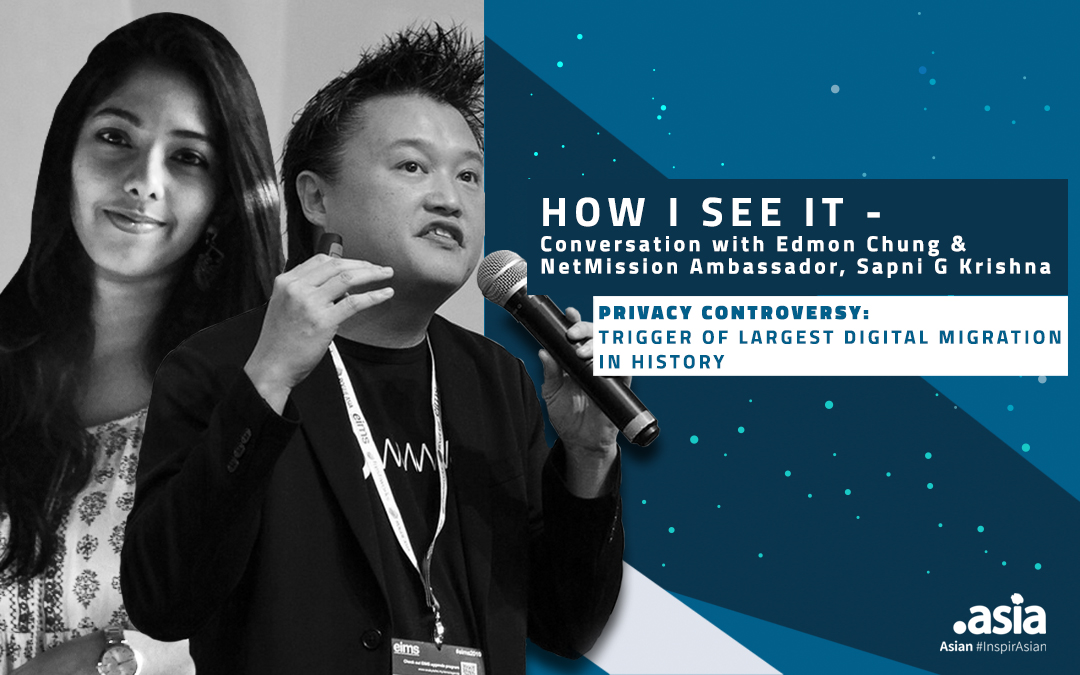
How I See It – Privacy Controversy: Trigger of largest digital migration in history
Technology giants, or Big Tech as they are called, have become intertwined extensively with our everyday lives. Early in 2021, Facebook decided to take a step ahead in monetising Whatsapp. This was to be enabled by the changes in the terms outlined in its updated privacy policy. One fine day, users woke up to the notification for the proposed changes in its Privacy Policy. This paved the way to an international conversation about privacy, and also triggered widespread adoption of alternatives to Whatsapp such as Signal and Telegram.
